Cities Of Refuge: Running Toward GraceSample
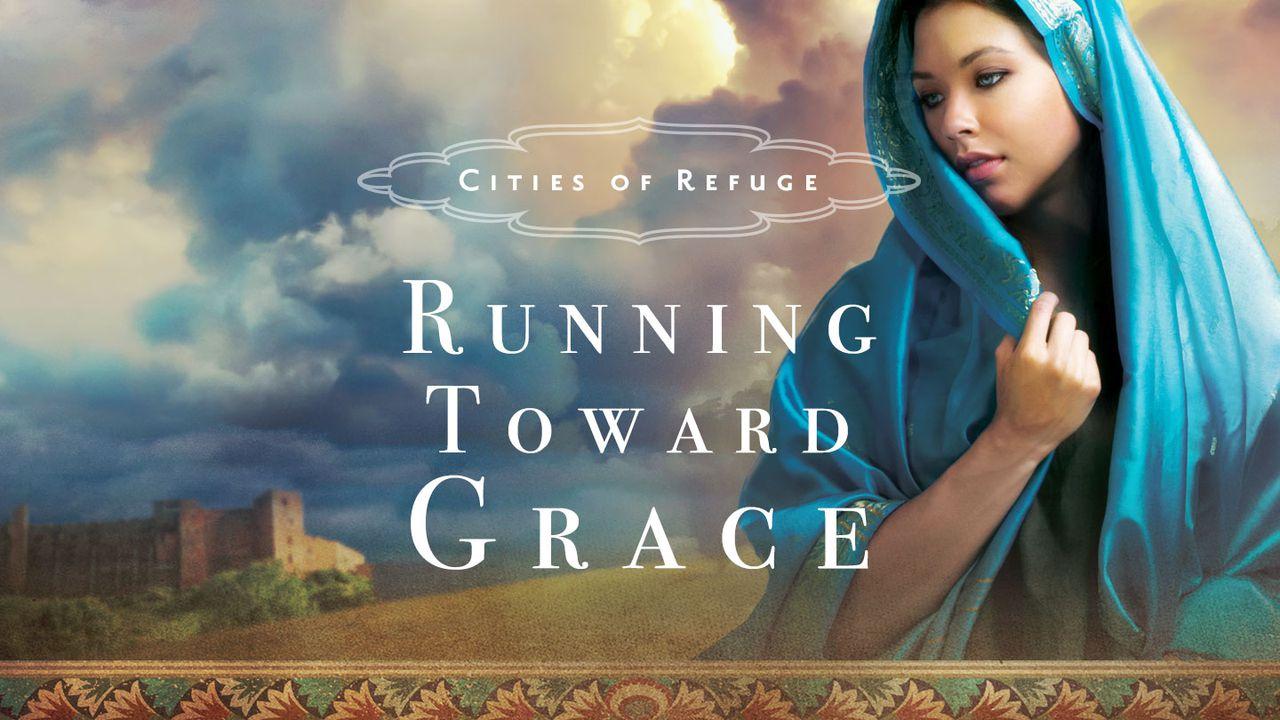
In Exodus 21:12-14, Yahweh makes it clear that life is so precious that anyone who kills another person must be put to death. But in this passage he also makes a very clear distinction between premeditated murder and accidental manslaughter. He then promises a place to flee when accused of such a crime, a place of safe harbor where a manslayer could cry out for mercy.
Since running all the way to Shiloh, where the Tabernacle resided, in order to grab the horns of the altar (the original place of refuge for a manslayer) would have been nearly impossible for many of the tribes spread all over the Promised Land, six cities were designated for this purpose. These cities offered asylum for manslayers in six different regions of Israel, making it within a day’s journey for a refugee of the victim’s Blood Avenger to flee to one of these cities.
The northernmost City of Refuge was found in the territory of Naftali, almost directly north of the Sea of Galilee to the west of the Jordan River. This city overlooked a lush and fertile valley with a small lake at its center. The three snowy peaks of Mount Hermon would have been seen from its walls. The city was called Kadesh, the root meaning of which is “holy” (Strong’s #H6944).
When we look a little closer at the word holy, we discover that it means “set apart,” or “consecrated,” which is just what all of the Cities of Refuge were. They were set apart from all other cities, dedicated to a unique purpose, and provided with a very clear set of laws that would ensure their consecration would be maintained so they could serve that purpose.
A two-thousand cubit boundary (about one thousand yards) was established on each side of the city, providing a safe haven even before the accused manslayer arrived at the gates. Interestingly, this was the same distance commanded between the Hebrews and the Holy Ark of the Covenant during the crossing of the Jordan River (Josh. 3:1-6).
The Cities of Refuge were like islands of holiness among the people, where an accused manslayer could grab onto the promise of mercy offered by a just, yet forgiving God. Later rabbinical writings say that the roads to those cities were dutifully maintained each year to ensure that the escape route was wide and always clear. Bridges were built over rivers to ease the flight, and signs pointed the way to safety.
Kadesh, along with the other cities, was administrated by the Levites, who were Yahweh’s specially chosen “hands and feet.” Levites were men who themselves were consecrated for holy duties such as maintaining the Tabernacle, preserving and applying the Law, and teaching the Torah to the people.
Just as the Cities of Refuge were set apart to provide a place of safety for the manslayer, so was our Messiah, Yeshua (Jesus), consecrated as a refuge for sinners. We are all guilty and deserving of death, but we are offered safety and mercy by the One who shed his own blood to pay the debt we owe. Even though we do not deserve such grace, he even calls us to be holy like him (Lev. 11:45; 1 Pet. 1:15-16) and bestows on us the calling of “priests” (Exod. 19:6; 1 Pet. 2:9) allowing us the privilege of representing him by teaching others about his Word and ministering to others as the collective body of Christ.
There is a way of escape from the power of sin and death, one that is clearly marked by Jesus’s words of life. We need only to grasp the very edge of his garment to be healed (Matt. 9:20-22) and protected within the holy sanctuary of his forgiveness. So let’s turn our back on sin and keep running toward grace.
Questions to Consider:
Do you see yourself as holy or set apart for a unique purpose? What obstacles do you personally face as you press toward the goal of fulfilling the work God has set before you in this life? What steps can you take to clear those obstacles from your path?
In what ways are you acting out your calling as a priest of the Most High God? Spend some time today meditating on the holiness of Yahweh, along with the command to “be holy as [he] is holy” and the ways it should affect your daily interactions with the world.
About this Plan

Connilyn Cossette, Christy Award finalist and CBA bestselling author, delves into the often-overlooked Cities of Refuge mentioned in both Numbers 35 and Joshua 20. This seven-day study will examine the history and purpose of these Levitical cities in order to discover how these cities are a portrayal of not only the perfect balance between Yahweh’s justice and mercy, but of our Messiah himself.
More
We would like to thank Connilyn Cossette and Bethany House, Publishers for providing this plan. For more information, please visit:
http://www.connilyncossette.com/
Related Plans
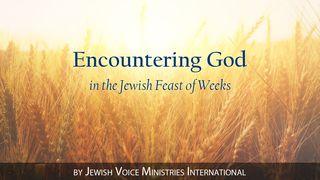
Encountering God in the Jewish Feast of Weeks
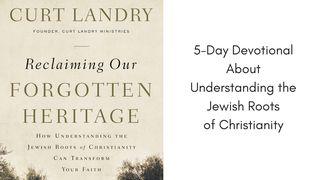
Reclaiming Our Forgotten Heritage
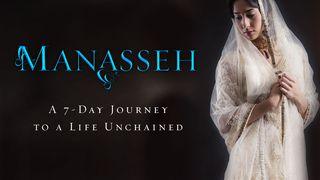
Isaiah's Legacy
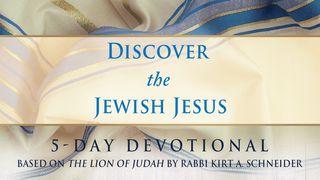
Discover The Jewish Jesus

Do Lord Remember Me (4-Day Devotional)

Promises Fulfilled: A Men's Devotional on Christmas

I’m Just a Guy: Resisting Temptation

The Promise of Revival

God's Assignment: Living on Purpose
